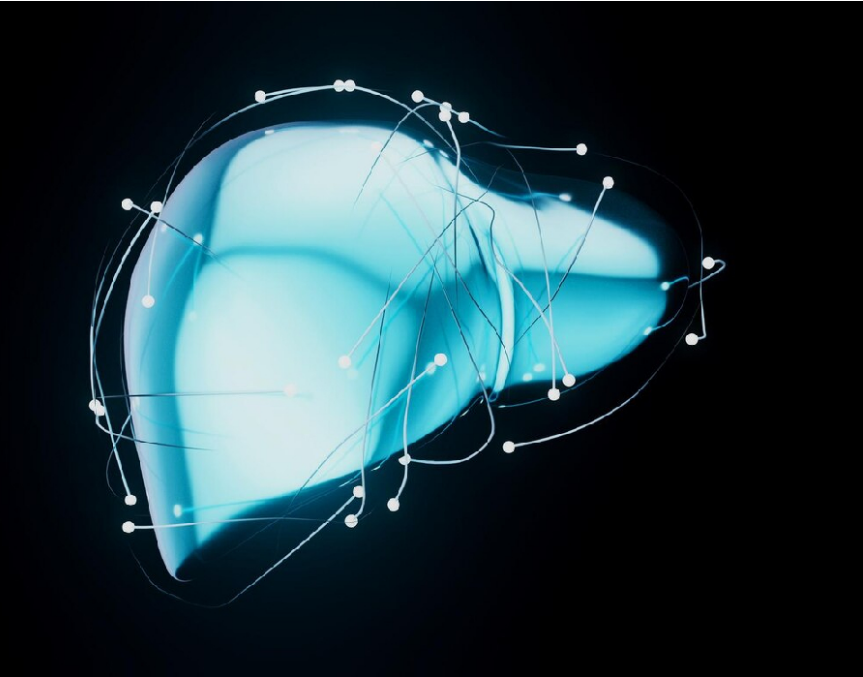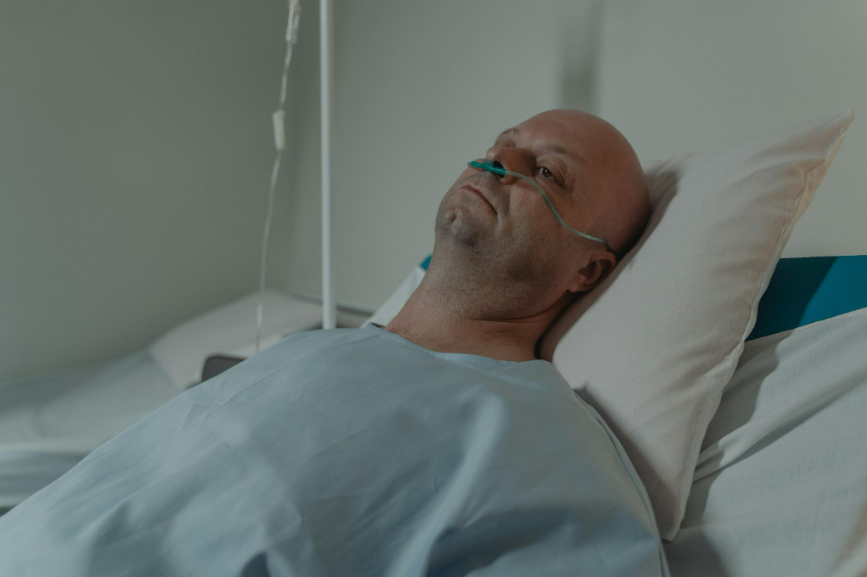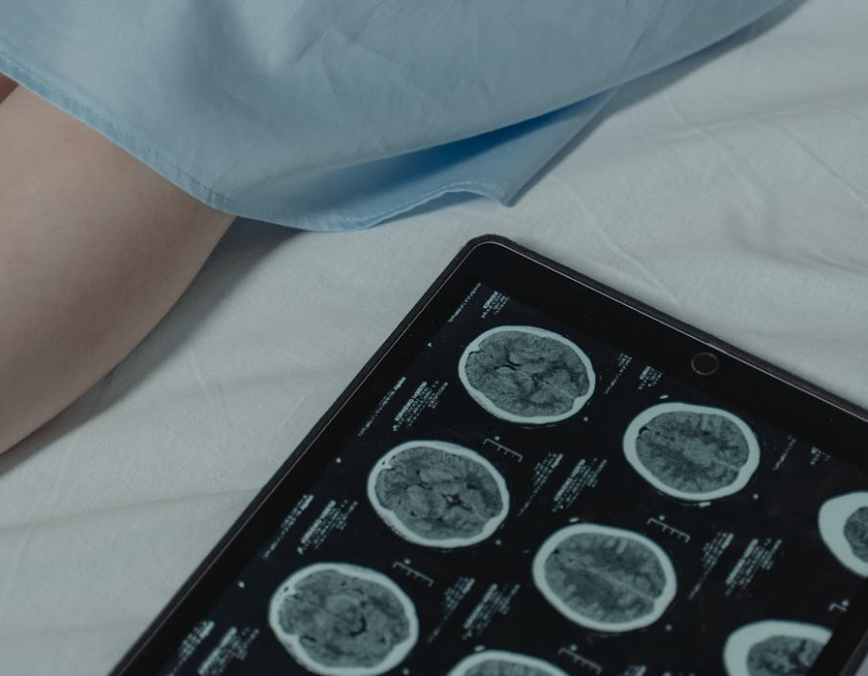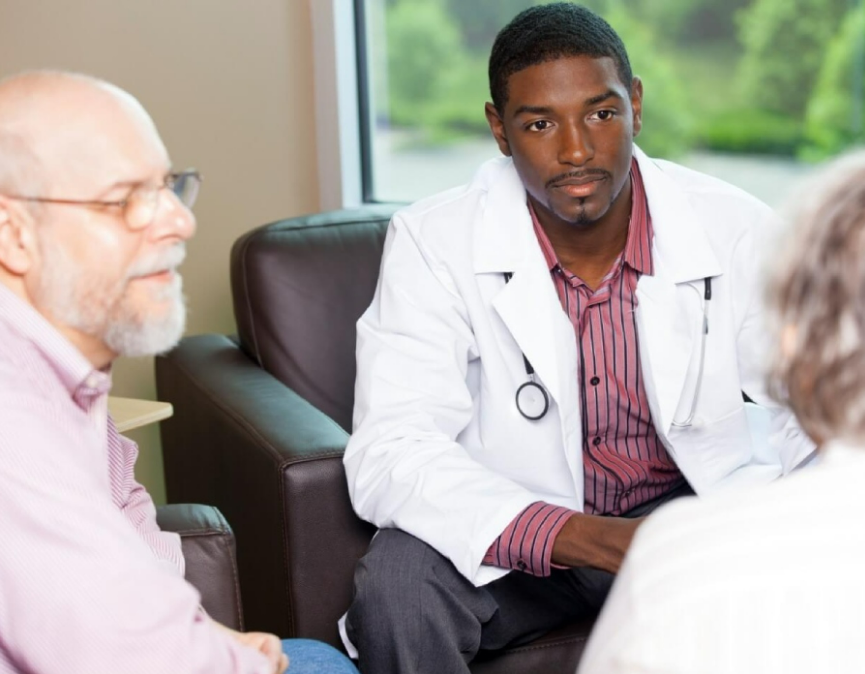- +91-9484540774
- goodlifepainclinic@gmail.com
- Vadodara, Gujarat - 390015

Liver cancer, or hepatic cancer, refers to the malignant growth of cells within the liver. It encompasses several types, with hepatocellular carcinoma (HCC) being the most common. Risk factors include chronic hepatitis B or C infection, excessive alcohol consumption, obesity, and exposure to aflatoxins. Symptoms may include abdominal pain, weight loss, jaundice, and fatigue, though some cases remain asymptomatic until later stages. Diagnosis involves imaging tests and blood tests to assess liver function. Treatment options depend on factors such as cancer stage and type and may include surgery, liver transplant, ablation, chemotherapy, targeted therapy, and immunotherapy. Early detection significantly improves prognosis.

Precautions and factors influencing liver cancer risk are crucial considerations for maintaining liver health. Avoiding excessive alcohol consumption, practicing safe sex to prevent hepatitis B and C infections, maintaining a healthy weight through balanced nutrition and regular exercise, and limiting exposure to carcinogens such as aflatoxins are essential precautions. Vaccination against hepatitis B, regular screening for chronic liver diseases, and managing conditions like diabetes and obesity also play vital roles. Additionally, individuals with a family history of liver cancer should undergo regular screenings and consult with healthcare providers to monitor their liver health closely, reducing the risk of developing liver cancer.

Assessments for liver cancer involve a comprehensive evaluation to diagnose the presence and extent of the disease. This typically includes imaging tests such as ultrasound, CT scans, and MRI scans, which help visualize the liver and identify any abnormal growths or lesions. Blood tests are also crucial in assessing liver function and detecting tumor markers. Additionally, a biopsy may be performed, where a small tissue sample is taken from the liver and examined under a microscope to confirm the presence of cancerous cells and determine the specific type of liver cancer. These assessments are critical for accurate diagnosis and treatment planning tailored to the individual’s condition.

Signs and symptoms of liver cancer may vary but often include abdominal pain or discomfort, unexplained weight loss, jaundice (yellowing of the skin and eyes), swelling in the abdomen, fatigue, nausea, and loss of appetite. Some individuals may also experience itching, easy bruising or bleeding, and enlarged veins in the abdomen. However, in some cases, liver cancer may remain asymptomatic until advanced stages. Recognizing these signs and promptly seeking medical attention is crucial for early diagnosis and intervention, potentially improving outcomes through timely treatment. Regular screenings for individuals at high risk can also aid in early detection.

Evaluation for liver cancer involves a thorough assessment to determine the presence, stage, and extent of the disease. This typically includes imaging tests such as ultrasound, CT scans, and MRI scans, which provide detailed images of the liver and help identify any tumors or abnormal growths. Blood tests are also crucial for assessing liver function and detecting tumor markers. Additionally, a biopsy may be performed to confirm the presence of cancerous cells and determine the specific type of liver cancer. These evaluations are essential for accurate diagnosis and treatment planning, guiding healthcare professionals in selecting the most appropriate therapeutic approach tailored to the individual’s condition.

During treatment for liver cancer, it’s essential to follow medical instructions diligently. This often involves attending all scheduled appointments, adhering to prescribed medication regimens, and following dietary and lifestyle recommendations provided by healthcare professionals. Monitoring for and promptly reporting any adverse reactions or side effects of treatment is crucial. Patients may also benefit from incorporating stress-reducing activities and maintaining a supportive network of family and friends. Additionally, maintaining a healthy lifestyle with regular exercise and proper nutrition can support overall well-being and potentially enhance the effectiveness of treatment. Open communication with healthcare providers and active participation in the treatment process are essential for optimizing outcomes in liver cancer management.

Post-treatment support for liver cancer involves ongoing care to monitor recovery, manage potential complications, and promote overall well-being. This includes regular follow-up appointments with healthcare providers for physical exams, imaging tests, and blood work to assess liver function and detect any signs of cancer recurrence. Patients may also benefit from supportive services such as counseling, support groups, and nutritional guidance to address emotional and psychological needs and maintain a healthy lifestyle. Education about potential long-term effects of treatment and strategies for coping with them can also empower patients to navigate life after liver cancer treatment successfully.

A: While liver cancer may not always be preventable, adopting a healthy lifestyle, including limiting alcohol consumption, maintaining a balanced diet, and avoiding exposure to hepatitis viruses, can reduce the risk.
A: Liver cancer can have a hereditary component, particularly in cases of genetic conditions like hemochromatosis and certain liver diseases.
A: Liver cancer can be cured in some cases, especially if detected early and treated with surgery, liver transplant, or other targeted therapies.
A: While some individuals may explore alternative therapies such as acupuncture or herbal supplements to manage symptoms, these methods are not proven to effectively treat liver cancer and should be used alongside conventional medical treatments.
A: Many individuals can lead normal lives after treatment for liver cancer, especially if the cancer is detected early and effectively treated. Regular follow-up care and adopting a healthy lifestyle are essential for recovery.
Cancer is on a rise. Each year more than 1 crore people lose their lives to cancer. We understand that the quality of life is equally important to the quantity of life. Our treatments always keep the quality of life in focus. This has helped us achieve exceptional patient outcomes.

Pain and Palliative Specialist
MBBS from KMC, Mangalore, Manipal University
MD Anaesthesia from People's College, Bhopal
FIAPM (Fellowship in Pain Medicine)
Daradia, Kolkata
EDPM - European Diploma in Pain Medicine, Belgium

Medical oncologist and Hematologist
MBBS from UCMS and GTB hospital, Delhi
MD Radiation oncology from the prestigious KGMU college, Lucknow
DM Medical Oncology from Ramiah Medical College/ HCG Ramiah Hospital, Bengaluru
ESMO - Certified European Society for Medical Oncology